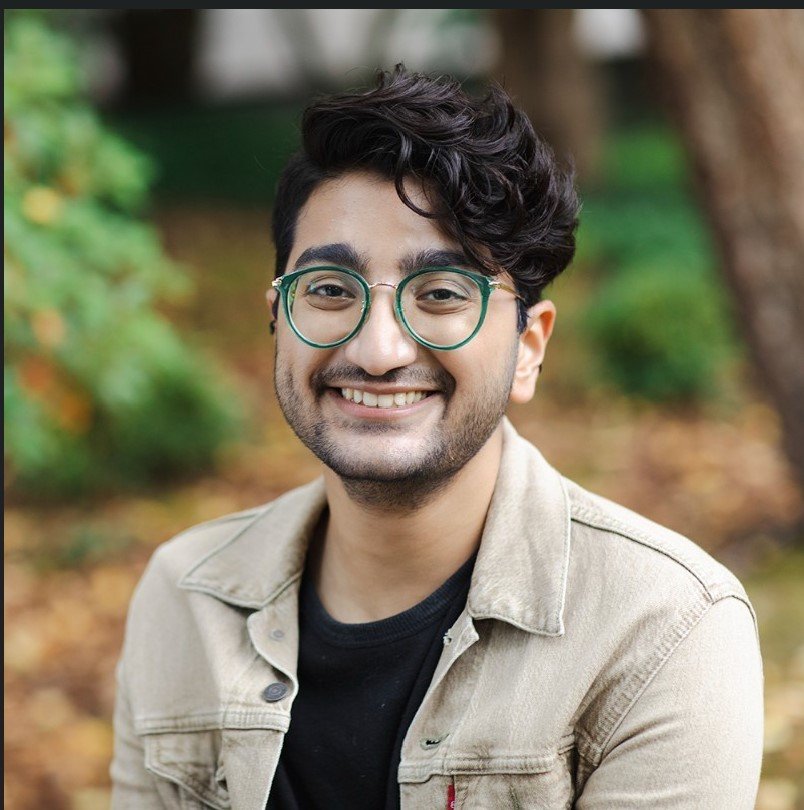ATIF OSMANI
TRUSTEE
Atif Osmani was raised on the north side of Chicago, in the city’s South Asian enclave. This neighborhood allowed him to grow up with many other Muslim people, which was fundamental to his sense of self and how he perceived his religious identity as a Muslim in America. However, it was only once he started high school, and later college, that he fully recognized the uniqueness of his upbringing and began questioning the positives and negatives that came with it. One tension that he grappled with was how as a child he learned that kindness, equality, and acceptance were foundational concepts in Islam, but reality could be quite different.
This dichotomy, among many other factors, propelled him to learn about systemic social issues and how individuals, communities, and governments can potentially work to solve or alleviate societal inequities. He was awarded the Chicago Public School Scholarship and Odyssey Scholarship to attend the University of Chicago. As an undergrad he studied Public Policy and specialized in health policy. This program was the perfect interdisciplinary environment to deconstruct social issues because it leaned on economic, statistical, and multiple qualitative frameworks to view problems. Atif focused on health policy issues because he grew up helping his father and grandparents with their health impairments. Thus, he was drawn to the health sector. He thought he’d become a practitioner, but upon learning about the social determinants of health and working for different health-centric nonprofits, he recognized his inclination toward seeking policy and systemic interventions.
A desire to learn about the private sector’s place in the health field led him to intern with Microsoft, where he focused on the Microsoft Cloud for Healthcare. Atif has continued to work for Microsoft post graduation to learn more about the private sector’s role in advancing technologies that can dramatically improve human life. Although he has been able to work on social issues as part of employee resource groups, he wanted to do more work externally and give back to groups that have helped him. Muslims for Progressive Values is an organization Atif had known about since college because it was one of the few Muslim organizations he could find that aligned with his values around equality and equity. He really loved the organization’s bold and affirmative views on women’s rights and LGBTQIA+ rights, which tend to be ignored and actively vilified despite the Quran’s emphasis on acceptance, equality, and generally kindness.
Atif hopes to advance the MPV’s goal to foster progressive Muslim communities, particularly for a younger generation. He believes and knows that all human life is precious and is endowed with the right to exist without oppression, and he is ecstatic to work toward this belief through MPV.

